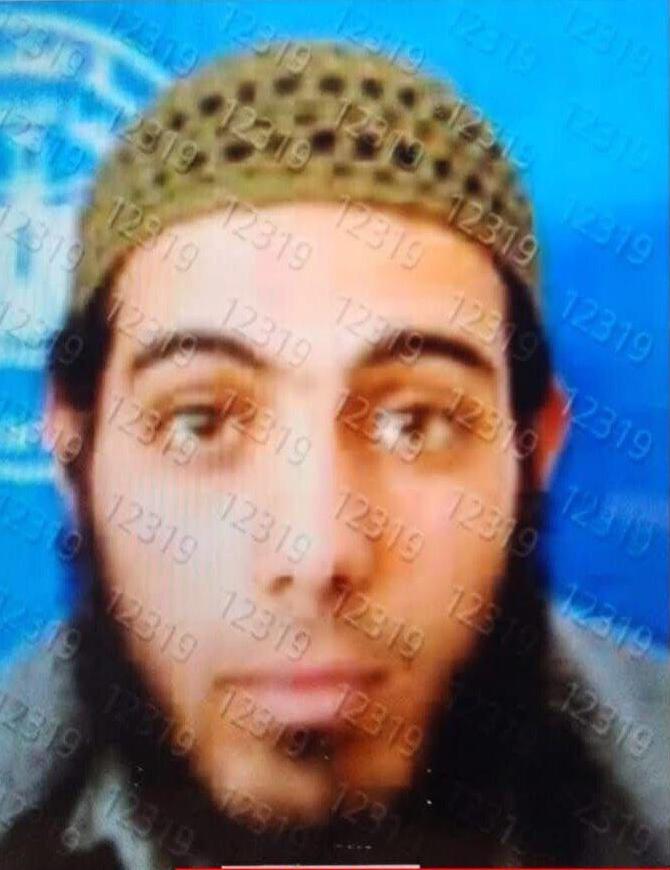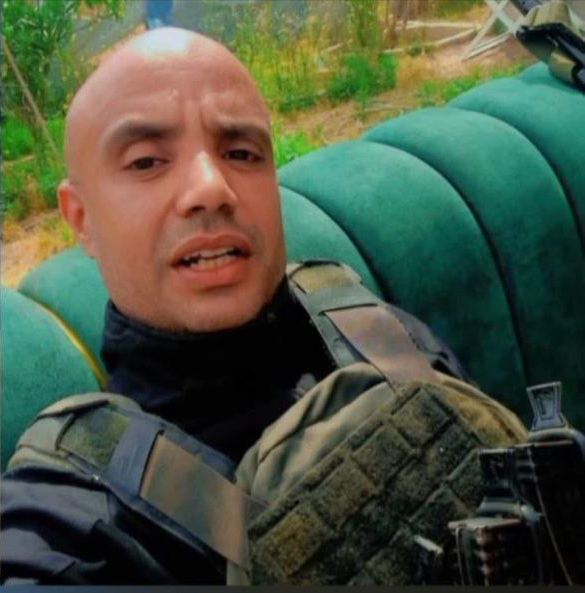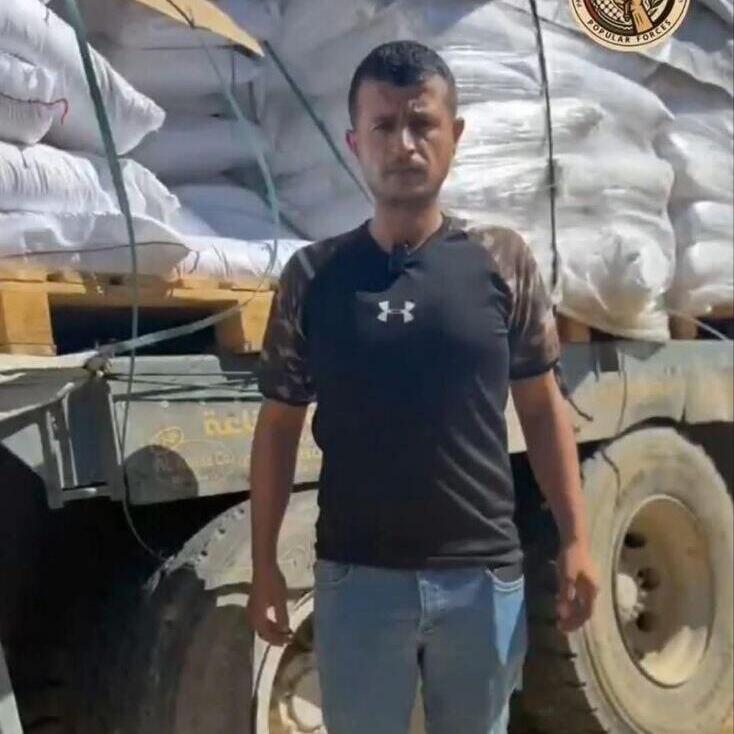After Israel confirmed it was arming a Palestinian militia operating against Hamas in southern Gaza, led by Rafah resident Yasser Abu Shabab, disturbing details have emerged about its members, past and current activities and ties to extremist terror groups.
Abu Shabab, a man in his 30s from a poor Bedouin family in eastern Rafah, founded what is known locally as “the Popular Forces.” According to sources familiar with the militia who spoke with Ynet, the group is not merely engaged in fighting Hamas. It is a heavily armed organization with a track record of terrorist activity against Israel, links to ISIS and a criminal past.
Criminal past—military present
According to sources close to the militia leader, Abu Shabab dropped out of school at an early age and became involved in drug trafficking—primarily dealing in hashish and psychoactive pills. He later took up work “guarding humanitarian aid trucks” entering Gaza, a role he reportedly exploited to steal goods and engage in systematic looting.
Abu Shabab reportedly provided “security services” for aid convoys operated by the Red Cross, UNRWA and the United Nations—but in practice, is alleged to have sold off goods he received through those roles. A UN source told Ynet that his name appeared in an internal memo identifying him as responsible for large-scale looting of humanitarian aid entering the Gaza Strip.
Yasser Abu Shabab, leader of an armed militia operating in southern Gaza against Hamas
Roughly 300 armed Gazans, some of them former inmates released from Hamas-run prisons, are now affiliated with Abu Shabab’s force. Around 30 families in eastern Rafah are considered his supporters. For now, they enjoy relative protection: the IDF operates in the area, limiting the likelihood of airstrikes and their presence also shields the families from potential Hamas retaliation.
Though the militia is portrayed as opposing Hamas, its members have reportedly taken part in rocket fire against Israel and maintain contacts with ISIS affiliates. A close associate of Abu Shabab told Ynet, “We’re counting on the masses to rise up against Hamas. We have broad support. Abu Shabab is seen as a hero who fears no one.”
ISIS links and Shalit abduction accomplices
Among the more prominent figures in the armed militia is Issam Nabahin, 33, from the Nuseirat refugee camp in central Gaza, who previously fought with ISIS in Sinai against the Egyptian army. Nabahin returned to Gaza shortly before the war began on October 7, 2023, and was documented launching rockets at Israel without Hamas coordination. According to sources, he was sentenced to death but managed to escape prison on the first day of the war.
Another militia member, Ghassan al-Dheini—the brother of Walid al-Dheini, an ISIS operative killed by Hamas—was involved in the 2006 abduction of Israeli soldier Gilad Shalit and now operates within the new militia, despite officially being affiliated with Fatah.
Prime Minister Benjamin Netanyahu has repeatedly said there will be no "Fatahstan" in Gaza. However, Palestinian Authority sources report that Abu Shabab’s militia receives salaries through the PA, under the personal patronage of senior Gaza-based intelligence official Bahaa Balusha. The sources added that tensions exist between Balusha and General Intelligence chief Majed Faraj over the extent of support for the militia. According to sources familiar with the matter, two additional militias are expected to become active soon—one in Beit Lahia in northern Gaza and another in central Gaza.
“In practice, this is an armed force simultaneously backed by Israel, the Palestinian Authority, and former senior Fatah official Mohammed Dahlan, while openly operating against Hamas,” a senior Palestinian security official told Ynet.
Get the Ynetnews app on your smartphone: Google Play: https://bit.ly/4eJ37pE | Apple App Store: https://bit.ly/3ZL7iNv
Though Abu Shabab’s family is publicly opposed to Hamas and perceived as aligned with Fatah, it was involved in the deadly 2004 attack in Rafah known as part of the "APC disaster," a pair of assaults in which 13 IDF soldiers were killed, including seven in Rafah.
In November 2024, Abu Shabab survived an assassination attempt at the European Hospital in Khan Younis. Two of his associates, his brother Fathi Abu Shabab and Majed Abu Dakkar, were killed in a Hamas ambush, but he managed to escape.
Israel’s arming of Abu Shabab’s militia was first revealed last week by Yisrael Beitenu Party Chairman Avigdor Liberman. Following the report, military censors cleared for publication some of the information.
Prime Minister Netanyahu later addressed the issue, confirming the move had been taken on the advice of security officials. “What’s wrong with it?” Netanyahu said. “It’s a good thing. It saves IDF soldiers’ lives.” He criticized Liberman’s disclosure, saying it “only helped Hamas” and calling it “a very serious matter.”









